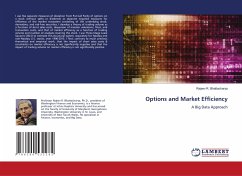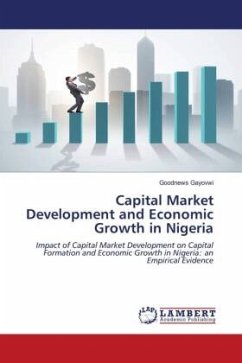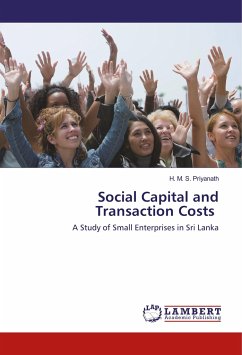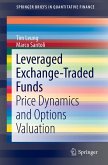I use five separate measures of deviation from Put-Call Parity of options on a stock without splits or dividends as separate negative measures for efficiency of the market ecosystem consisting of the underlying stock, derivatives, and risk-free securities. I develop a theory of trading volume as a function of short sales costs, dispersion of investor valuations, float, and transaction costs, and that of market efficiency as a function of trading volume and number of analysts covering the stock. I use Three-Stage Least Squares (3SLS) to estimate this structural system, separately for Nasdaq and non-Nasdaq U.S. stocks, over 1996-2015. I find, contrary to much previous theoretical and empirical work, that the impact of short sales costs & constraints on market efficiency is not significantly negative and that the impact of trading volume on market efficiency is not significantly positive.
Bitte wählen Sie Ihr Anliegen aus.
Rechnungen
Retourenschein anfordern
Bestellstatus
Storno








